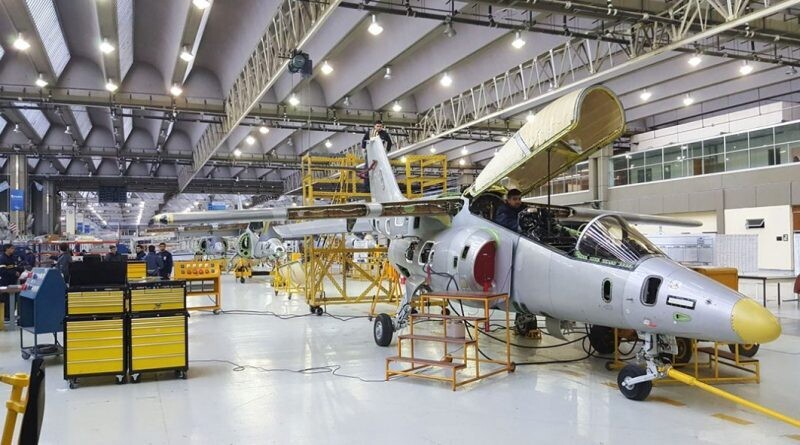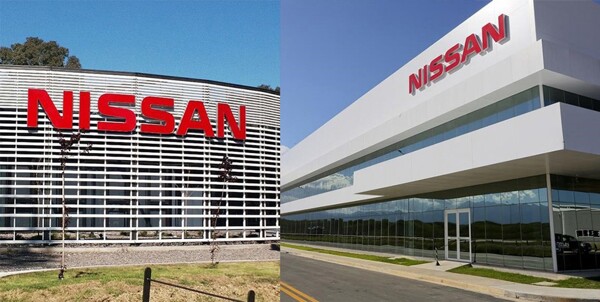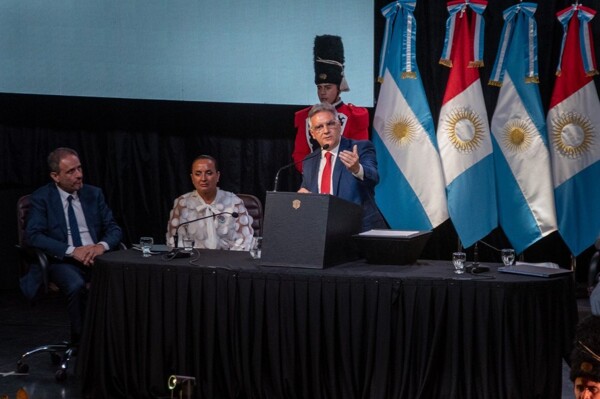
Mirco Sibilla resigned from his position as president of the Argentine Factory of Airplanes (FAdeA) after an intense year of management, leaving behind a legacy of challenges and enriching experiences. The company is ready to operate at full capacity in the production of the Pampa III and to advance with the prototype of the IA-100B, as long as the necessary funding is secured and an agreement is reached between the national government and the province of Córdoba.
The future of FAdeA is influenced by negotiations between the national government and the Córdoba governor Martín Llaryora, who seeks to move the factory to the provincial level. During the discussions, the challenges facing the company were openly addressed, mainly the lack of an inter-administrative contract with the Argentine Air Force for the provision of aircraft and model conversions.
The province of Córdoba demands the cleaning up of debts, especially pension obligations, and the guarantee of contracts with the Argentine Air Force, the main client of FAdeA. Uncertainty lies in the necessary financing to cover staff salaries and in resolving perpetual financial conflicts.
Sibilla's resignation was not unexpected, and his farewell message reflected that the company is in a more competitive position today. Although FAdeA was not considered for the privatizations proposed by the government, the future of the company still hangs on crucial political and economic decisions.
Amid these challenges, the IA-100B project and the production of the Pampa III remain a priority for FAdeA. Public-private cooperation in the aerospace sector is vital to securing contracts and keeping the plant operational, which represents a technological and strategic development hub for the country.
FAdeA's role in key projects, such as helicopter modernization and military pilot training, is essential for the national aerospace sector. Despite financial and administrative obstacles, the company continues to seek opportunities to grow and contribute to the technological development of the country.













